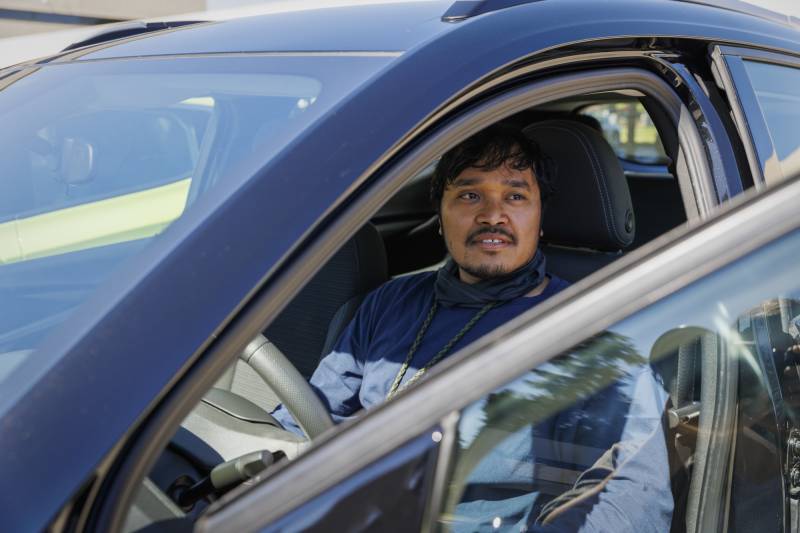Here are the morning’s top stories on Thursday, June 20, 2024…
- A quarter of all new vehicles sold in California last year were zero emission. And you can see those electric cars zipping down the road in places like the Bay Area and Orange County, but it’s harder to spot them in the Central Valley. The transition to clean cars is rolling out unequally across the state, but there are programs meant to address this gap.
- The Occupational Safety and Health Standards Board is expected to vote Thursday on new rules that would require most employers to keep indoor work areas below 87 degrees when feasible or if it’s not, change workers’ shifts or use protective equipment to reduce the risks. But state prisons would be among those exempted because of implementation costs that Governor Gavin Newsom’s administration says would be in the billions of dollars.
- The state of California is planning to return over 2,800 acres of land to the Shasta Indian Nation, one of the largest land returns in state history. The Shasta people occupy land in far northern California, near the Oregon border. This is part of the state’s ongoing efforts to right the historical wrongs committed against the Native communities of California.
How Californians With Lower Incomes Can Buy Or Rent Electric Cars
While zero-emission car sales made up a quarter of all new vehicles sold in California last year, the transition to clean cars is rolling out unequally across the state.
EVs are less common in rural, lower-income and Black and Latino communities due to upfront costs, a lack of access to chargers and a young secondhand market.
So organizations and the state are targeting these places to level the playing field. State officials are trying to address this problem through financial incentives to buy cars, funding charging infrastructure and community efforts like Míocar, an electric car-sharing service which targets communities with low income that experience disproportionate health and environmental burdens, like high rates of asthma and air pollution.
Regulators To Vote On Indoor Workplace Heat Rules
California workplace regulators are expected to vote Thursday on new protections from dangerous heat for millions of people who work indoors.
